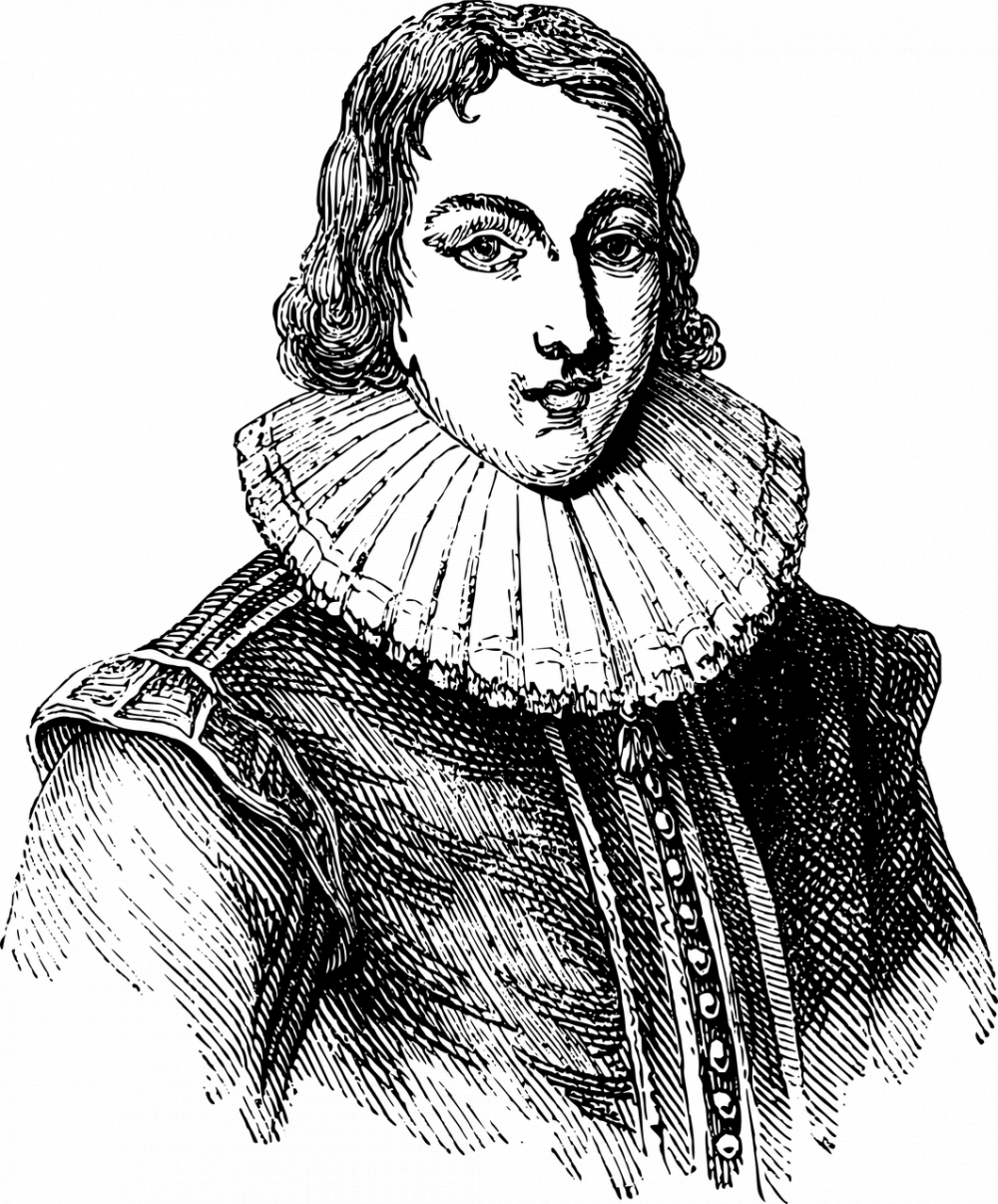[INDSÆT VIDEO HER]

Animal Farm by George Orwell: A Timeless and Provocative Literary Masterpiece
Introduction to Animal Farm by George Orwell
Historical Evolution of Animal Farm by George Orwell

Understanding the Significance of Animal Farm
Animal Farm by George Orwell is a literary masterpiece that continues to captivate readers with its timeless themes and thought-provoking narrative. First published in 1945, this allegorical novella presents a scathing critique of totalitarian regimes through the lens of a seemingly innocent farmyard tale. Understanding the relevance and historical context of Animal Farm is essential for those intrigued by this remarkable work of literature.
The story of Animal Farm unfolds on a fictional farm in rural England. The animals, tired of their oppressive human owner Mr. Jones, revolt and establish a society where all animals are equal a concept encapsulated in the famous phrase, “All animals are equal, but some animals are more equal than others.” Led by the ambitious pigs, specifically Napoleon and Snowball, the animals strive for a utopian society free from human tyranny.
Introduction to Animal Farm by George Orwell
George Orwell’s Animal Farm serves as both a cautionary tale and an astute critique of political systems and human nature. Orwell employs a cast of anthropomorphic animals to represent historical figures and ideologies, making the novella accessible yet thought-provoking for readers of all ages. The animals’ struggle for power and their subsequent corruption reflect the corruption and betrayal witnessed in many real-world revolutions.
The farm’s transformation from a symbol of hope to a totalitarian state parallels the rise of dictators during the early 20th century. Animal Farm highlights the dangers of unchecked power, propaganda, and the manipulation of language. Orwell’s keen observations offer a compelling commentary on how governmental systems, even those started with noble intentions, can quickly devolve into oppressive regimes.
Historical Evolution of Animal Farm by George Orwell
Initially hailed as a powerful critique of Stalinism and the Soviet Union, Animal Farm faced challenges in getting published due to its anti-Soviet undertones during World War II. Despite these obstacles, the novella eventually found a home with Secker and Warburg in 1945. Orwell’s work struck a chord with readers worldwide, rising to international acclaim.
Over time, Animal Farm has been published in countless editions and translated into numerous languages, solidifying its position as one of the most important works of political satire in modern literature. Orwell’s prescient examination of power dynamics resonates beyond the specific historical context of the Soviet Union, making it relevant across cultures and generations.
Understanding the Significance of Animal Farm
Animal Farm’s enduring significance lies in its ability to make readers question authority, reflect on human nature, and consider the inevitable pitfalls of political systems. Orwell’s writing style, characterized by plain language and straightforward storytelling, enhances the accessibility of the novella while ensuring its messages remain impactful.
By dissecting the gradual erosion of the animals’ ideals and the rise of a totalitarian regime, Animal Farm prompts introspection on power dynamics in our own lives and societies. The colorful cast of animal characters represents archetypes seen throughout history the ambitious leader, the loyal followers, the ignorant masses. As readers engage with these characters and their struggles, they are forced to question their own complicity and the role they play within larger systems.
In conclusion, Animal Farm by George Orwell stands as a literary masterpiece that remains as poignant and relevant today as it was when first published. Its provocative examination of power, corruption, and human nature serves as a cautionary tale for those navigating political landscapes. By delving into the historical evolution and significance of Animal Farm, one gains a deeper appreciation of Orwell’s genius and the timeless lessons this work imparts.
Sources:
– Orwell, George. Animal Farm. Penguin Books, 2000.
– Anderson, Paul R. “Orwell in Context: A Look at the Historical Impact of Animal Farm.” Modern Fiction Studies, vol. 52, no. 4, 2006, pp. 912-934.
– Eagleton, Terry. Why Orwell Matters. Basic Books, 2002.











